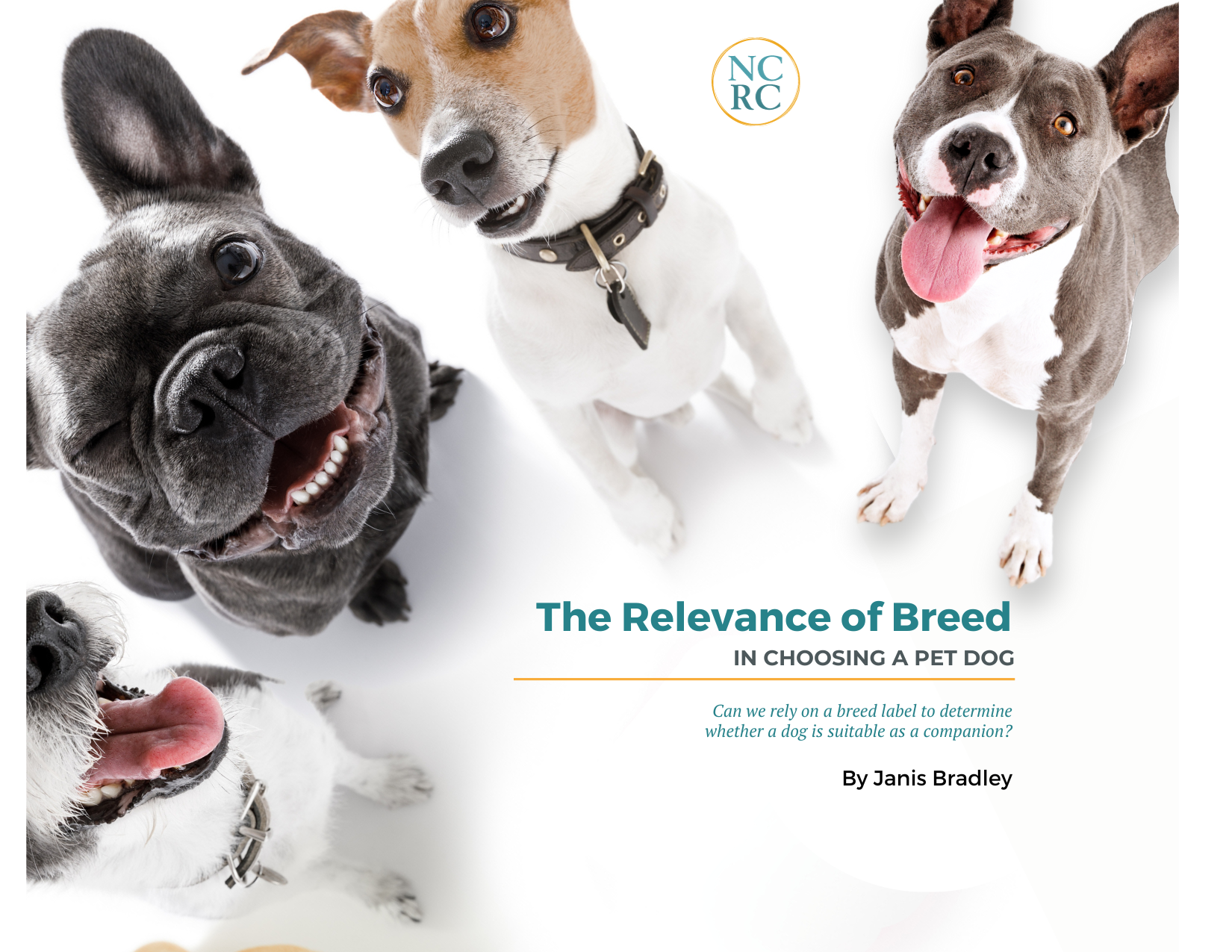Misinformation, exaggeration, and emotion hijack otherwise important injury treatment information when human health care professionals (doctors, nurses, etc.) speculate about dog behavior in the context of dog bite-related injuries.
A new study, “Defaming Rover: Error-based latent rhetoric in the medical literature on dog bites,”1 finds that the literature on dog bites written by human health care professionals is rife with distortions and errors, and laden with rhetorical devices that mischaracterize dog behavior and grossly overstate the actual risk of dog bite injuries. Human health care professionals writing on this topic create concern disproportionate to the actual risk and unduly heighten mistrust of dogs. Such distortions in turn impede legitimate preventive efforts, and lead public policy astray.
The “Defaming Rover” authors examined 156 papers on dog bites written by human health care professionals. This content analysis revealed misinformation about human-canine interactions, the meaning and significance of breed and of breed characteristics, and the frequency of dog bite-related injuries. Misinformation included clear-cut factual errors, misinterpretations, omissions, emotionally loaded language, and exaggerations based on misunderstood or inaccurate statistics. The authors also found instances where human health care professionals had failed to validate secondary sources resulting in the inclusion of non-existent data presented as fact. The “Defaming Rover” authors grouped these errors as generalization, catastrophization, demonization, and negative differentiation.
The “Defaming Rover” authors, 3 of whom are affiliated with National Canine Research Council, called on human health care providers to exercise greater rigor when discussing non-clinical issues related to dogs, and for policy makers and the public to approach statements about dog behavior in such papers with skepticism.
To read more, follow the link below to obtain your free copy of this important report:
http://www.tandfonline.com/doi/full/10.1080/10888705.2017.1387550
Sources and Notes
1. Arluke, A., Cleary, D., Patronek, G., & Bradley, J. (2017). Defaming Rover: Error-Based Latent Rhetoric in the Medical Literature on Dog Bites. Journal of Applied Animal Welfare Science, 1-13.







